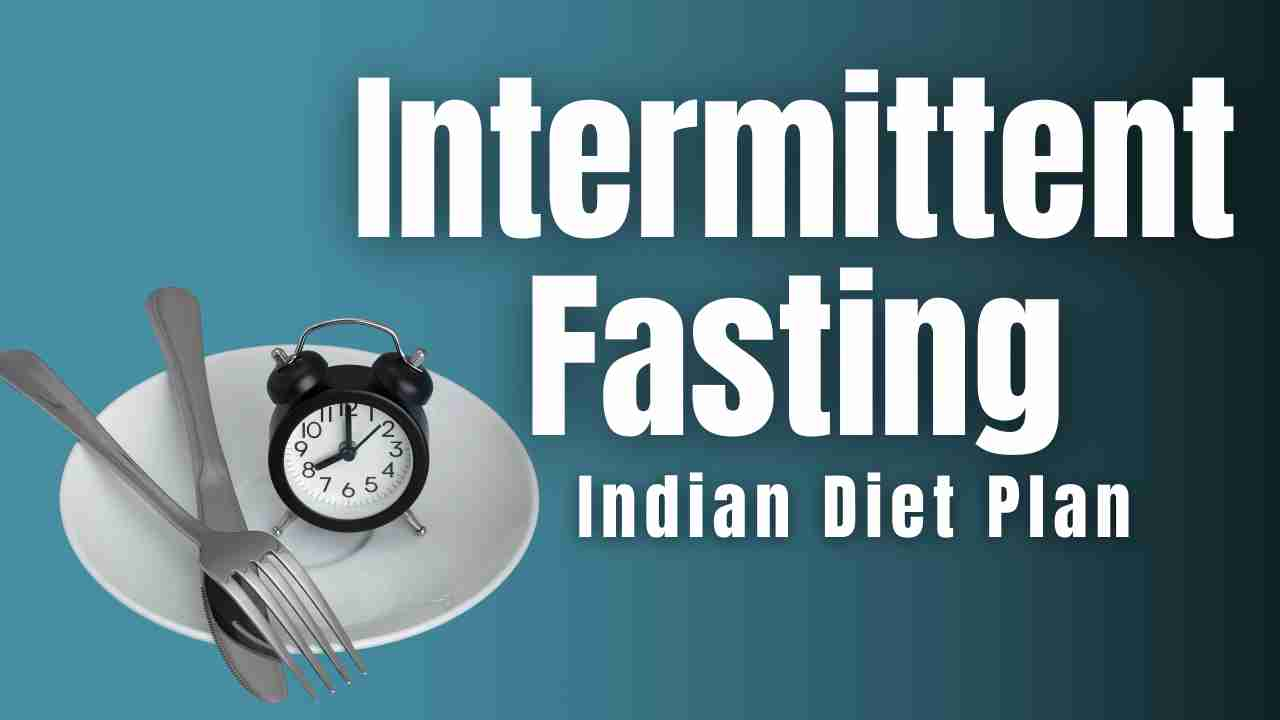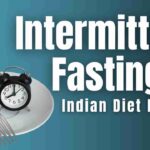We have seen many products appearing in the market with the label Gluten-free. While going through those products, a question was raised in my mind why exactly do I need gluten-free products? Is gluten bad for you? Gluten free diet Risk and Benefits? Does the human body contain gluten? There is a lot of confusion regarding gluten, but this article will answer all your questions.

Table of Contents
What is gluten?
Gluten is a largely proteinaceous mass naturally found in grains like wheat, barley, and rye. Its function is to act as a binder providing elastic properties to the food [1].
The gluten protein is localized and stored in grains in order to support germination and seedling development. Its distribution is not uniform but enriched in the outer 2 to 3 layers [1].
Is gluten bad for health?
For centuries, we have been consuming gluten through bread, chapati, pasta, etc. Gluten, specifically from whole grains, is not bad for healthy people who can tolerate it. In fact, whole grains can decrease the risk of non-communicable diseases (NCD) like cardiovascular diseases, cancer, gastrointestinal disorders, and type 2 diabetes.
So, what is going wrong? The problem is that wheat is stripped down to make processed foods like snacks and crackers; thus, these refined products hardly resemble the actual whole wheat grain. Nutrients like protein and fiber are hardly present in these processed flours. This processed food contains things like white rice flour and starches but not whole grain flour benefits [3].

Thus, people who follow a gluten-free diet without any diagnosed gluten issue tend to become deficient in various nutrients, and those who eat refined products tend to gain weight [4]. Nevertheless, nutrient deficiency is a problem with patients having celiac and others following a gluten-free diet [4].
Why is gluten-free diet gaining popularity?
Medically, patients suffering from coeliac disease are restricted from consuming gliadin and glutenin protein. But other than coeliac patients, a growing enthusiasm is noticed toward the gluten-free diet among people for its perceived benefit on health, weight loss, treating disease, and/or minimizing the future risk of disease [5].
A survey was conducted in Australia among 1184 adults, out of which only 1.2% had coeliac disease, and 7.3% had adverse physiological issues such as gastrointestinal. Moreover, the data concluded the conscious avoidance of wheat without any formal diagnosis [6].
Similarly, according to a survey in the UK, 42% of a cohort of patients believed that they have gluten sensitivity, out of which 15% tried a gluten-free diet, and 12% adopted it. Moreover, the survey presses the point it’s not only celiac patients who are allergic to gluten; there are other known or unwritten conditions due to which people believe in a gluten-free diet. Nonavoidable similarity found in US citizens where according to the market research group of National Purchase Diary served found, 30% of Americans were ready to restrict gluten from their diet [9].

However, the question behind the growing market of gluten-free diets is, is it touted by celebrities? Since there are no medical documents that support gluten removal supports, endurance, or weight loss, people are unable to resist the virtual reality fed by various self-proclaimed non-medical professionals [7, 8].
Does a gluten-free diet reduce weight?
Among all other reasons, weight loss is the primary reason why people are going crazy for a gluten-free diet. Although hardly any research confirms weight loss, the experience of people adopting a gluten-free diet for weight loss was found positive. There could be numerous reasons behind this belief in weight loss with a gluten-free diet, of which the major one is that when you avoid a gluten diet, you may avoid high-calorie foods. For instance, commonly available pasta has 131 calories/100g, whereas if you replace it with gluten-free shirataki pasta or noodles just contains 20 calories/224 g; even people following a gluten-free diet have to give up on the bread, and most desserts which add to calories and weight gain.
Another habit developed in the case of people following a gluten-free diet is checking labels, finding out the source of the food they are eating; hence they know what exactly they are consuming is that pack of food high calorie does that have enough fiber, and protein required for the body and of course, does it contain glutenin. Therefore gluten-free personnel can make a better healthy choice of foods.
Who should go gluten-free?
Following is the list of conditions forcing people to adopt a gluten-free diet:
Gluten ataxia:
It is a rare extraintestinal manifestation triggered by the ingestion of gluten that instigates our body to attack parts of our brain in response to gluten. It is also known as sporadic cerebella ataxia which interferes with voluntary muscle movement and control. The most common symptoms of gluten ataxia are difficulty in using fingers, hands, arms, and/or legs, difficulty speaking, and poor coordination and/or balance [10, 11].

Best 7 days Intermittent fasting diet plan Indian

The Truth About Calorie Counting: Balancing Weight Loss and Mental Health
Wheat allergy:
In people who are allergic to wheat, the allergy can be IgE-mediated or non-IgE mediated, which mistakes the protein present in the wheat as a disease-causing agent, which in turn triggers the immune response resulting in various symptoms [12]. The common symptoms of wheat allergy are hives or skin rash, breathing difficulties, congestion, runny nose, headaches, and sneezing. The inhalation of wheat flour can also stimulate the allergy known as baker’s asthma or rhinitis [13].
Non-celiac sensitivity:
It’s not necessarily necessary that a person should have celiac disease to have gluten sensitivity; it can be observed in normal people. Therefore, Non-celiac sensitivity is a condition where the patient does not suffer from celiac disease but still shows symptoms with the consumption of gluten-containing foods [14].
The majority of people advocate for a gluten-free diet because they believe that gluten is the cause of a variety of gastrointestinal conditions. The symptoms of non-celiac sensitivity are bloating, abdominal pain, constipation, headache, etc. [14]
Celiac disease:
In Celiac disease, people can’t tolerate gluten, and if they consume more than 10 mg of gluten, immune system activation takes place, which damages the tiny, hairlike projections that line the intestine. It is an autoimmune disorder that gradually starts damaging the normal nutrition absorption mechanism. Usually, celiac disease gets activated after surgery, pregnancy, childbirth, viral infection, or severe emotional stress [15, 16]
How to follow a gluten-free routine?
Most of the people who don’t have any above-mentioned disorders are also willing to follow a gluten-free diet because they have experienced that incorporating gluten-free foods help them in weight loss, bloating, and so on. Therefore, either you have gluten sensitivity or you adopt a gluten-free diet, you should be careful before eating any food, and you should find out the source of the food.

Some of the Indian foods which can be eaten to replace gluten-containing foods are dosa, poha, fruits, dhokla, dal, curry with green vegetables, salad, grilled meat, cucumber lettuce salad, buttermilk, tomato soup, millet vermicelli, boiled egg white and so on [17].
Conclusion
If gluten-free eating is due to health conditions, like celiac or another wheat allergy, it cannot be avoided, but if going gluten-free is a choice, then you need to be careful. Since the gluten-free diet, in the process of removing gluten, lose a lot of other nutrients and minerals, and consumption may lead to deficiency. However, if you are finding alternative gluten-free food lists, such as meat, poultry product, and whole grain gluten-free substitutes, then it can be worth it.
In short, if you can tolerate gluten, you can include an adequate amount of gluten in your diet, but if you decide to go gluten-free, first avoid processed food because that gluten no longer resembles the natural gluten from whole-grain wheat.





